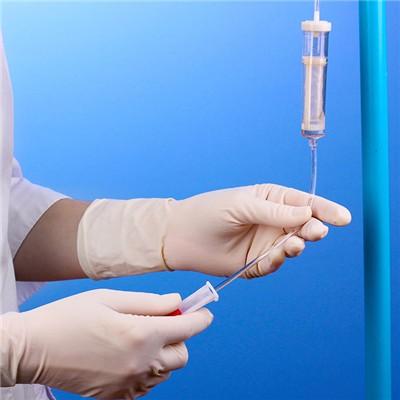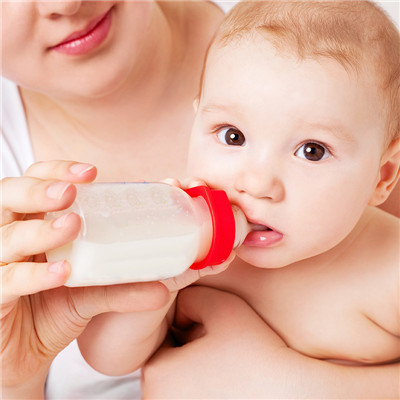What should infertility check do
summary
After an unintentional abortion, we didn't get pregnant. Then we went to a big hospital for examination. The result was that the abortion led to endocrine disorders. After treatment, we finally got pregnant. Let's talk about what the infertility examination should do.
What should infertility check do
First: Women's main examination items are: endocrine examination, gynecological routine examination, salpingography, ovulation test, immune factor examination, etc. There are many tests for infertility. Not all examinations should be carried out, but according to your physical condition step by step, so as to formulate a suitable examination method for you. Women need to check six hormones on the third day of menstruation, and check the fallopian tube, uterus and ovary on 3-7 days after menstruation.

Second: female infertility check - tubal patency check: including tubal ventilation or fluid test and hysterosalpingography, mainly to understand whether the tubal patency, and whether the uterine tubal development is normal, whether there are abnormalities, etc. It can also be used in the treatment of fallopian tube unobstructed (such as mild adhesion).

Third: female infertility examination - endometrial examination: when necessary, we can know the functional state of endometrium through biopsy, and the examination is a reliable method to know whether there is ovulation or luteal function. At the same time, we can also know the size of uterine cavity, and exclude uterine cavity lesions, such as tuberculosis, hysteromyoma, etc.

matters needing attention
Overcome psychological barriers. Many patients without obvious organic lesions are mostly caused by psychological factors or improper sexual behavior. Therefore, it is very important to adjust the mentality, reduce the pressure, and overcome the negative and tense emotions. In severe cases, psychological and behavioral guidance therapy can be carried out.











